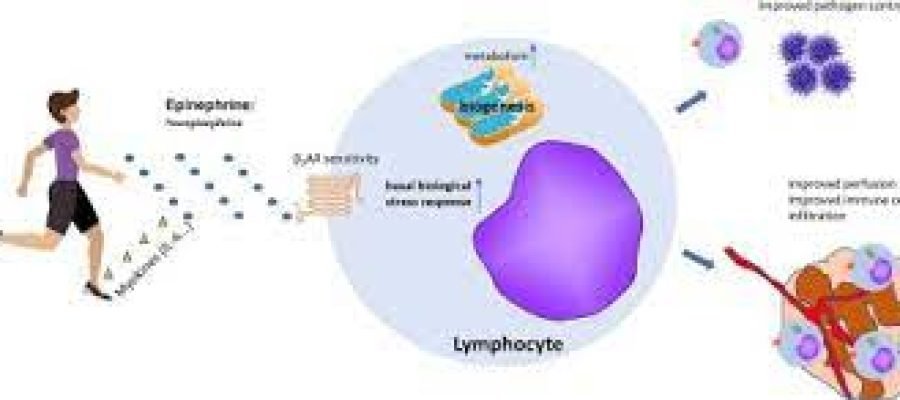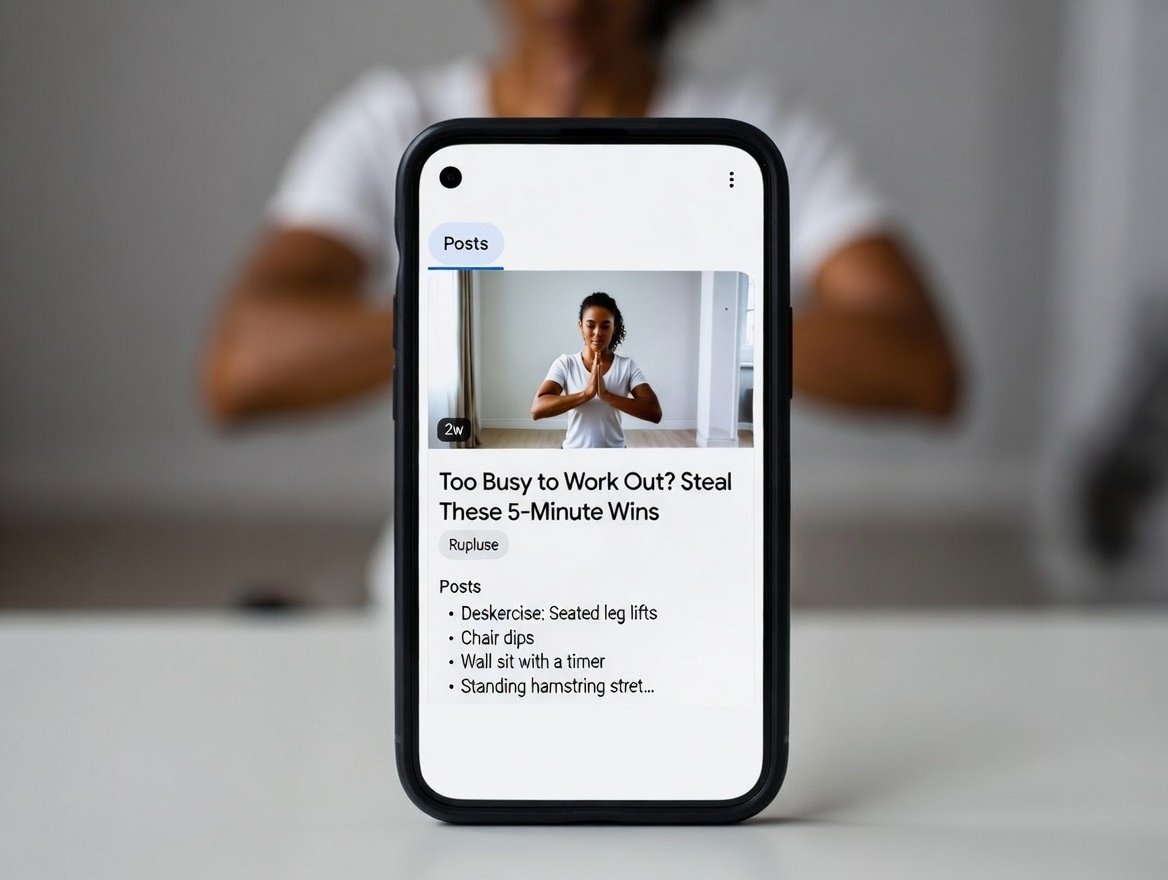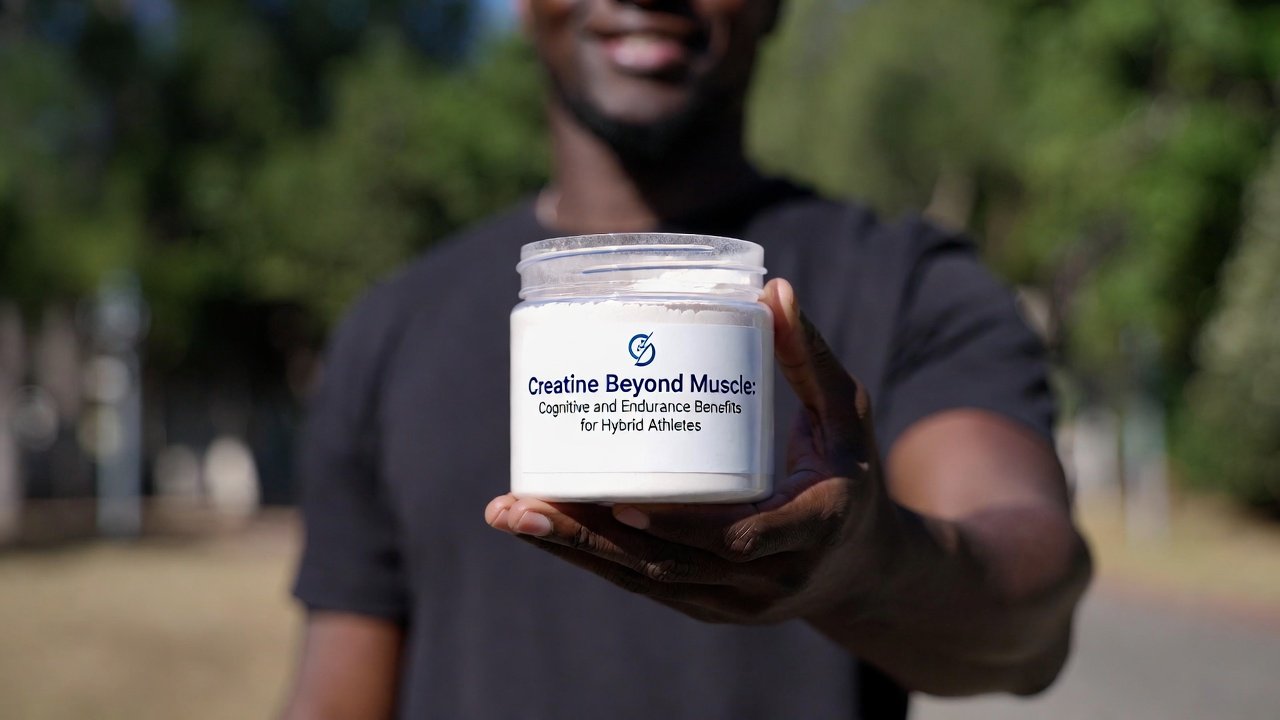By Yi Sun, Ph.D., and Jeffrey A. Woods, Ph.D., FACSM
Vaccination is one of the most successful public health interventions to prevent infectious diseases and reduce the associated mortality and morbidity rates. However, chronically stressful situations can reduce the immune responses to vaccination and lead to decreased vaccine efficacy.
Physical activity is known to be an effective behavioral intervention to enhance immune function and has a potentially beneficial effect on immune responses to vaccination. Eccentric exercise-induced muscle damage creates a pro-inflammatory environment in the muscle, which may activate immune cells to augment immune responses to vaccination. In addition, our group and others have shown that endurance exercise training enhances either humoral or cell-mediated immunity to vaccination, especially in the elderly who exhibit poor vaccination response.
It is well known that aerobic modes of exercise help decrease weight (specifically fat), obesity, and related symptoms. Currently, ACSM and the American Heart Association (AHA) recommend 150 minutes each week of moderate-intensity aerobic activity for health. Many exercise interventions are provided at various stages of life, from geriatric to preschool-age children, to attenuate obesity and improve health. However, the earliest time to intervene for these positive health benefits is during pregnancy, when the child is first developing.
Despite the potential benefits of acute eccentric exercise and endurance exercise training on immune responses to vaccination, the role exercise plays in attenuating stress-induced vaccine response reduction is unknown. Moreover, the underlying mechanisms behind any exercise-induced beneficial effect remain understudied. Thus, using an animal model to develop further evidence would aid in understanding potential mechanisms behind any exercise-induced strengthening of immune responses to vaccination in an immunosuppressive setting.
In our study, as published in the August 2019 issue of Medicine & Science in Sports & Exercise®, my colleagues and I investigated the effects of forced/acute (eccentric treadmill exercise) and voluntary/long-term (wheel running) exercise on antibody and cell-mediated immune responses to vaccination in chronically stressed mice. In our protocol, three groups of mice each received chronic restraint stress for six hours per day, five days per week, for three weeks. One group performed a single bout of exercise on a treadmill one week into the study; one group had continual access to a running wheel throughout the duration of the study; and the control group was kept in their cages throughout the entirety of the study.
Our results indicated that three weeks of restraint stress significantly reduced body weight and caused adrenal hypertrophy—indicating a physical reaction to chronic stress. Both exercise interventions alleviated the chronic stress-induced, anti-ovalbumin antibody reduction, suggesting that our acute and chronic exercise interventions may be an effective strategy to overcome stress-induced immunosuppression. The results also provide a rationale for future investigations of potential mechanisms underlying any exercise-induced augmentation of immune responses to vaccination in an immunosuppressive setting.
About the authors:
Yi Sun, Ph.D., is a postdoctoral fellow in the School of Medicine at the University of Alabama at Birmingham. She received her Ph.D. from the University of Illinois at Urbana-Champaign. This published article is part of her doctoral dissertation. Dr. Sun’s research interests include physical activity and dietary interventions on physical and cognitive functions. She presently is working on NIH-funded pre-clinical studies about the effects of pharmacologic activation of the ACE2/Ang-(1-7) axis and physical activity in late life.
Jeffrey A. Woods, Ph.D., FACSM, is a professor and associate dean of research in the College of Applied Health Sciences at the University of Illinois at Urbana-Champaign. The broad goal of his research program is to generate a public health message regarding the effects of exercise on immune function as it relates to disease susceptibility and sickness behavior.
Please review our business at: Google Yelp Facebook
If you’d like to learn more, please visit our Member’s Area to access our subscribed content.
Did you know you can work out and exercise with a trainer at your home, office, hotel room, or anywhere in the world with online personal training?
Like us on Facebook/Connect with us on LinkedIn/Follow us on Twitter
Pinterest/Instagram/YouTube
Make sure to forward this to friends and followers!
Your Cart
No products in the cart.
Book an Appointment
Your life is waiting. Fast, long-lasting relief is nearby.






